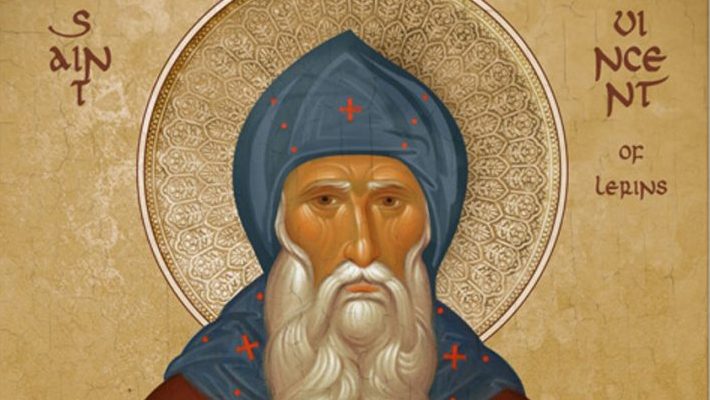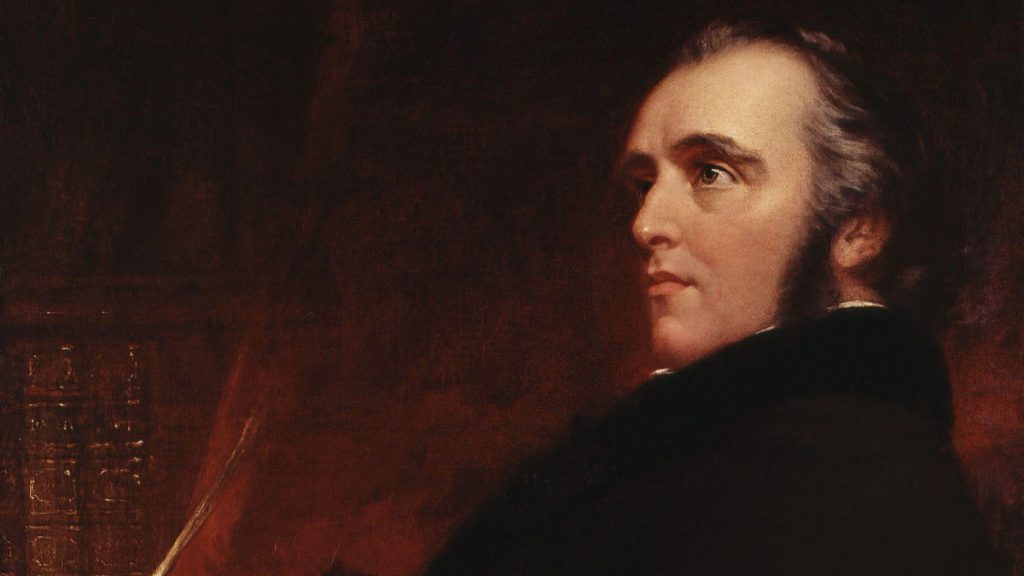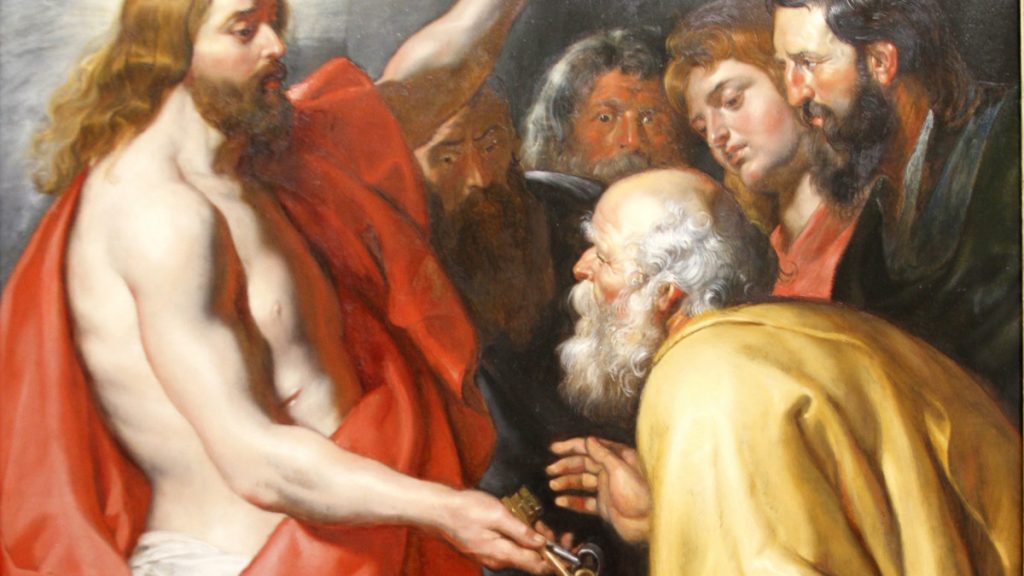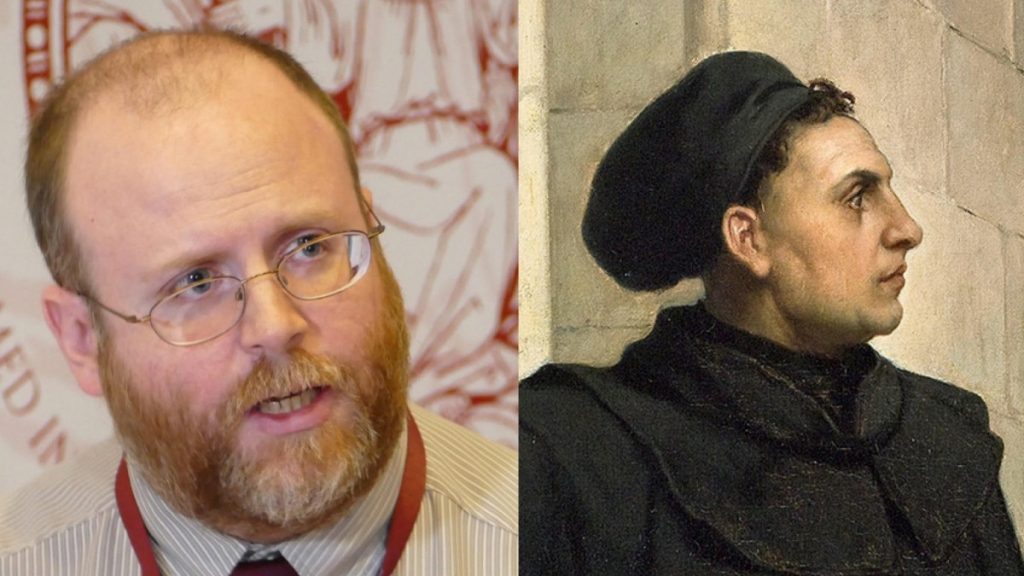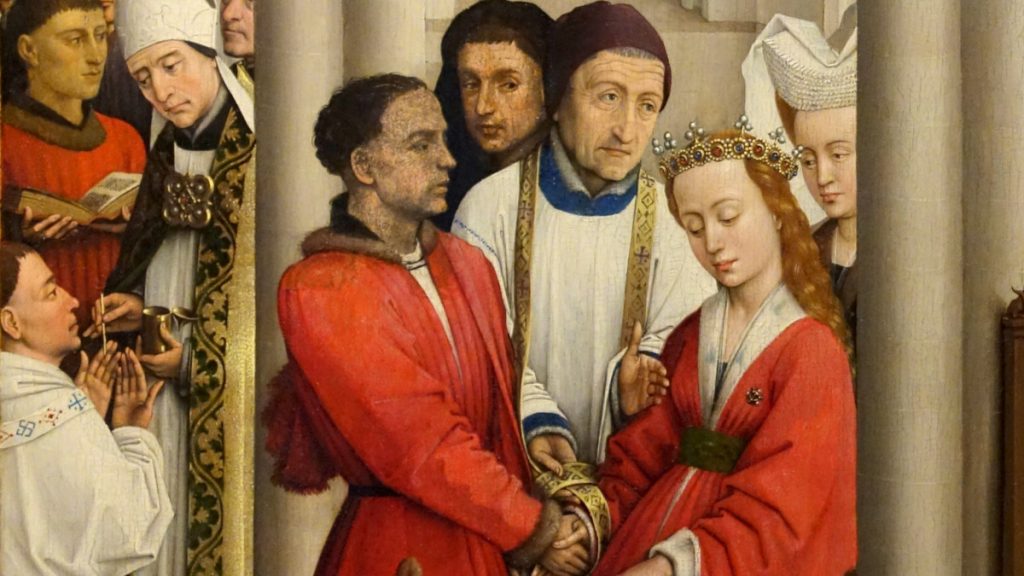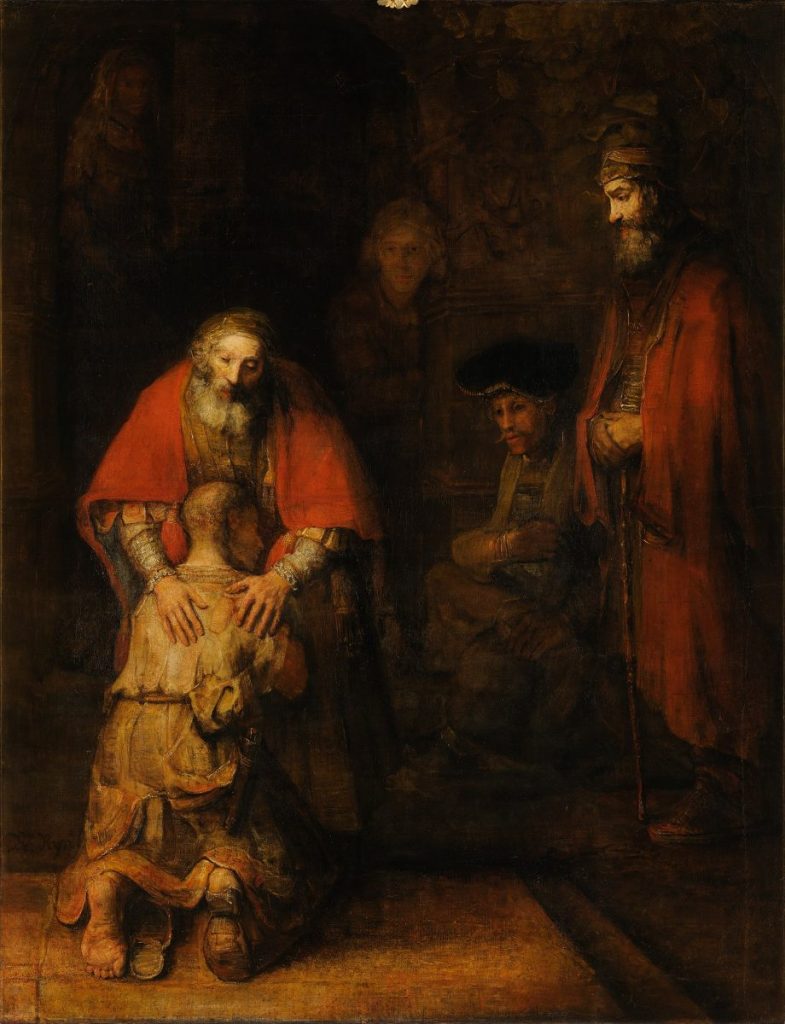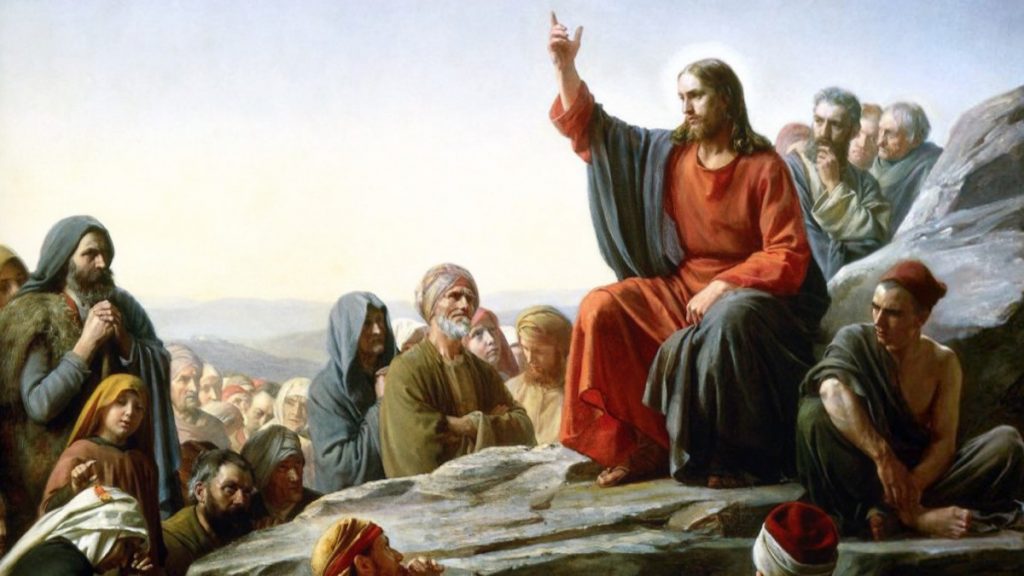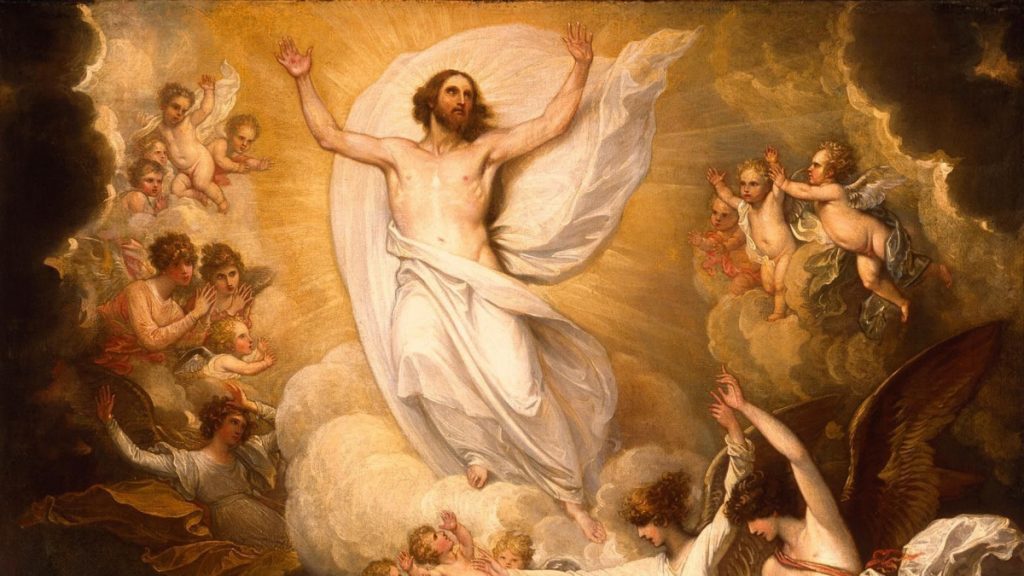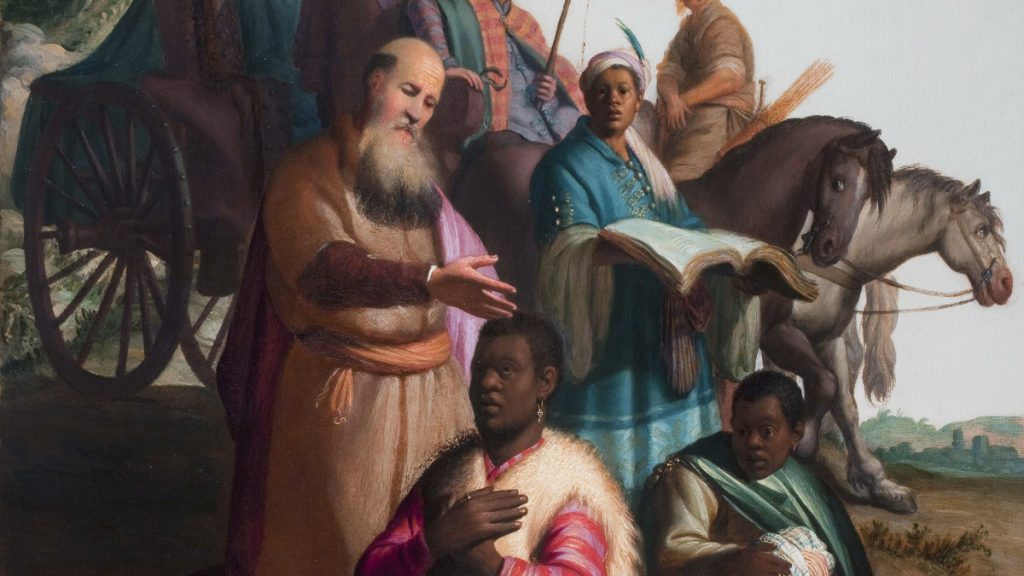(Updated July 15, 2025)
This Author Quote archive collects pertinent quotes from the Church Father, St. Vincent of Lérins.
Next to each quote are the Topic Quote Archives in which they are included.
This Quote Archive is being continuously updated as research continues. Quotes marked with “***” have not yet been organized into their respective Topic Quote Archives.
Treatises
St. Vincent of Lérins, Commonitory: For the Antiquity and Universality of the Catholic Faith Against the Profane Novelties of All Heresies (c. 434)
- Apostolic Tradition | §§4-6
- Development of Doctrine | §§48, 54-59
- Holy Mary, Mother of God | §§35, 40
- The Papacy and the Invincibility of the Church | §§84-85
(§§4-6, 35, 40,48, 54-59, 84-85)
(§4) I have often then inquired earnestly and attentively of very many men eminent for sanctity and learning, how and by what sure and so to speak universal rule I may be able to distinguish the truth of Catholic faith from the falsehood of heretical pravity; and I have always, and in almost every instance, received an answer to this effect: That whether I or anyone else should wish to detect the frauds and avoid the snares of heretics as they rise, and to continue sound and complete in the Catholic faith, we must, the Lord helping, fortify our own belief in two ways; first, by the authority of the Divine Law, and then, by the Tradition of the Catholic Church.
(§5) But here someone perhaps will ask, “Since the canon of Scripture is complete, and sufficient of itself for everything, and more than sufficient, what need is there to join with it the authority of the Church’s interpretation?” For this reason—because, owing to the depth of Holy Scripture, all do not accept it in one and the same sense, but one understands its words in one way, another in another; so that it seems to be capable of as many interpretations as there are interpreters. For Novatian expounds it one way, Sabellius another, Donatus another, Arius, Eunomius, Macedonius, another, Photinus, Apollinaris, Priscillian, another, Iovinian, Pelagius, Celestius, another, lastly, Nestorius another. Therefore, it is very necessary, on account of so great intricacies of such various error, that the rule for the right understanding of the prophets and apostles should be framed in accordance with the standard of Ecclesiastical and Catholic interpretation.
(§6) Moreover, in the Catholic Church itself, all possible care must be taken, that we hold that faith which has been believed everywhere, always, by all. For that is truly and in the strictest sense Catholic, which, as the name itself and the reason of the thing declare, comprehends all universally. This rule we shall observe if we follow universality, antiquity, consent. We shall follow universality if we confess that one faith to be true, which the whole Church throughout the world confesses; antiquity, if we in no wise depart from those interpretations which it is manifest were notoriously held by our holy ancestors and fathers; consent, in like manner, if in antiquity itself we adhere to the consentient definitions and determinations of all, or at the least of almost all priests and doctors.
*** (§15) Great then is the example of these same blessed men, an example plainly divine, and worthy to be called to mind, and meditated upon continually by every true Catholic, who, like the seven-branched candlestick, shining with the sevenfold light of the Holy Spirit, showed to posterity how thenceforward the audaciousness of profane novelty, in all the several rantings of error, might be crushed by the authority of hallowed antiquity.
Nor is there anything new in this. For it has always been the case in the Church, that the more a man is under the influence of religion, so much the more prompt is he to oppose innovations. Examples there are without number: but to be brief, we will take one, and that, in preference to others, from the Apostolic See [Rome], so that it may be clearer than day to every one with how great energy, with how great zeal, with how great earnestness, the blessed successors of the blessed apostles have constantly defended the integrity of the religion which they have once received. ***
(§35) Nestorius, whose disease is of an opposite kind, while pretending that he holds two distinct substances in Christ, brings in of a sudden two Persons, and with unheard of wickedness would have two sons of God, two Christs—one, God, the other, man, one, begotten of his Father, the other, born of his mother. For which reason he maintains that Saint Mary ought to be called, not Theotokos (the mother of God), but Christotokos (the mother of Christ), seeing that she gave birth not to the Christ who is God, but to the Christ who is man…
(§40) …From this unity of Person it follows, by reason of a like mystery, that, since the flesh of the Word was born of an undefiled mother, God the Word Himself is most Catholicly believed, most impiously denied, to have been born of the Virgin; which being the case, God forbid that anyone should seek to defraud Holy Mary of her prerogative of divine grace and her special glory. For by the singular gift of Him who is our Lord and God, and withal, her own son, she is to be confessed most truly and most blessedly—The mother of God Theotokos, but not in the sense in which it is imagined by a certain impious heresy which maintains, that she is to be called the Mother of God for no other reason than because she gave birth to that man who afterwards became God, just as we speak of a woman as the mother of a priest, or the mother of a bishop, meaning that she was such, not by giving birth to one already a priest or a bishop, but by giving birth to one who afterwards became a priest or a bishop. Not thus, I say, was the holy Mary Theotokos, the mother of God, but rather, as was said before, because in her sacred womb was wrought that most sacred mystery whereby, on account of the singular and unique unity of Person, as the Word in flesh is flesh, so Man in God is God.
(§48) This being the case, he is the true and genuine Catholic who loves the truth of God, who loves the Church, who loves the Body of Christ, who esteems divine religion and the Catholic Faith above everything, above the authority, above the regard, above the genius, above the eloquence, above the philosophy, of every man whatsoever; who sets light by all of these, and continuing steadfast and established in the faith, resolves that he will believe that, and that only, which he is sure the Catholic Church has held universally and from ancient time; but that whatsoever new and unheard-of doctrine he shall find to have been furtively introduced by some one or another, besides that of all, or contrary to that of all the saints, this, he will understand, does not pertain to religion, but is permitted as a trial, being instructed especially by the words of the blessed Apostle Paul, who writes thus in his first Epistle to the Corinthians, “There must needs be heresies, that they who are approved may be made manifest among you” (1 Cor. 11:19), as though he should say, “This is the reason why the authors of Heresies are not immediately rooted up by God, namely, that they who are approved may be made manifest; that is, that it may be apparent of each individual, how tenacious and faithful and steadfast he is in his love of the Catholic faith.”…
(§54) But someone will say, perhaps, Shall there, then, be no progress in Christ’s Church? Certainly; all possible progress. For what being is there, so envious of men, so full of hatred to God, who would seek to forbid it? Yet on condition that it be real progress, not alteration of the faith. For progress requires that the subject be enlarged in itself, alteration, that it be transformed into something else. The intelligence, then, the knowledge, the wisdom, as well of individuals as of all, as well of one man as of the whole Church, ought, in the course of ages and centuries, to increase and make much and vigorous progress; but yet only in its own kind; that is to say, in the same doctrine, in the same sense, and in the same meaning.
(§55) The growth of religion in the soul must be analogous to the growth of the body, which, though in process of years it is developed and attains its full size, yet remains still the same. There is a wide difference between the flower of youth and the maturity of age; yet they who were once young are still the same now that they have become old, insomuch that though the stature and outward form of the individual are changed, yet his nature is one and the same, his person is one and the same. An infant’s limbs are small, a young man’s large, yet the infant and the young man are the same. Men when full grown have the same number of joints that they had when children; and if there be any to which maturer age has given birth these were already present in embryo, so that nothing new is produced in them when old which was not already latent in them when children. This, then, is undoubtedly the true and legitimate rule of progress, this the established and most beautiful order of growth, that mature age ever develops in the man those parts and forms which the wisdom of the Creator had already framed beforehand in the infant. Whereas, if the human form were changed into some shape belonging to another kind, or at any rate, if the number of its limbs were increased or diminished, the result would be that the whole body would become either a wreck or a monster, or, at the least, would be impaired and enfeebled.
(§56) In like manner, it behooves Christian doctrine to follow the same laws of progress, so as to be consolidated by years, enlarged by time, refined by age, and yet, withal, to continue uncorrupt and unadulterate, complete and perfect in all the measurement of its parts, and, so to speak, in all its proper members and senses, admitting no change, no waste of its distinctive property, no variation in its limits.
(§57) For example: Our forefathers in the old time sowed wheat in the Church’s field. It would be most unmeet and iniquitous if we, their descendants, instead of the genuine truth of corn, should reap the counterfeit error of tares. This rather should be the result—there should be no discrepancy between the first and the last. From doctrine which was sown as wheat, we should reap, in the increase, doctrine of the same kind—wheat also; so that when in process of time any of the original seed is developed, and now flourishes under cultivation, no change may ensue in the character of the plant. There may supervene shape, form, variation in outward appearance, but the nature of each kind must remain the same. God forbid that those rose-beds of Catholic interpretation should be converted into thorns and thistles. God forbid that in that spiritual paradise from plants of cinnamon and balsam, darnel and wolfsbane should of a sudden shoot forth.
Therefore, whatever has been sown by the fidelity of the Fathers in this husbandry of God’s Church, the same ought to be cultivated and taken care of by the industry of their children, the same ought to flourish and ripen, the same ought to advance and go forward to perfection. For it is right that those ancient doctrines of heavenly philosophy should, as time goes on, be cared for, smoothed, polished; but not that they should be changed, not that they should be maimed, not that they should be mutilated. They may receive proof, illustration, definiteness; but they must retain withal their completeness, their integrity, their characteristic properties.
(§58) For if once this license of impious fraud be admitted, I dread to say in how great danger religion will be of being utterly destroyed and annihilated. For if any one part of Catholic truth be given up, another, and another, and another will thenceforward be given up as a matter of course, and the several individual portions having been rejected, what will follow in the end but the rejection of the whole? On the other hand, if what is new begins to be mingled with what is old, foreign with domestic, profane with sacred, the custom will of necessity creep on universally, till at last the Church will have nothing left untampered with, nothing unadulterated, nothing sound, nothing pure; but where formerly there was a sanctuary of chaste and undefiled truth, thenceforward there will be a brothel of impious and base errors. May God’s mercy avert this wickedness from the minds of his servants; be it rather the frenzy of the ungodly.
(§59) But the Church of Christ, the careful and watchful guardian of the doctrines deposited in her charge, never changes anything in them, never diminishes, never adds, does not cut off what is necessary, does not add what is superfluous, does not lose her own, does not appropriate what is another’s, but while dealing faithfully and judiciously with ancient doctrine, keeps this one object carefully in view—if there be anything which antiquity has left shapeless and rudimentary, to fashion and polish it; if anything already reduced to shape and developed, to consolidate and strengthen it; if any already ratified and defined, to keep and guard it. Finally, what other object have Councils ever aimed at in their decrees, than to provide that what was before believed in simplicity should in future be believed intelligently, that what was before preached coldly should in future be preached earnestly, that what was before practiced negligently should thenceforward be practiced with double solicitude? This, I say, is what the Catholic Church, roused by the novelties of heretics, has accomplished by the decrees of her Councils—this, and nothing else—she has thenceforward consigned to posterity in writing what she had received from those of olden times only by tradition, comprising a great amount of matter in a few words, and often, for the better understanding, designating an old article of the faith by the characteristic of a new name…
(§84) The foregoing would be enough and very much more than enough, to crush and annihilate every profane novelty. But yet that nothing might be wanting to such completeness of proof, we added, at the close, the twofold authority of the Apostolic See, first, that of holy Pope Sixtus, the venerable prelate who now adorns the Roman Church; and secondly that of his predecessor, Pope Celestine of blessed memory, which same we think it necessary to insert here also.
Holy Pope Sixtus then says in an Epistle which he wrote on Nestorius’s matter to the bishop of Antioch, [quotes letter]…
(§85) Holy Pope Celestine also expresses himself in like manner and to the same effect. For in the Epistle which he wrote to the priests of Gaul, charging them with connivance with error, in that by their silence they failed in their duty to the ancient faith, and allowed profane novelties to spring up, he says: [quotes letters]…
